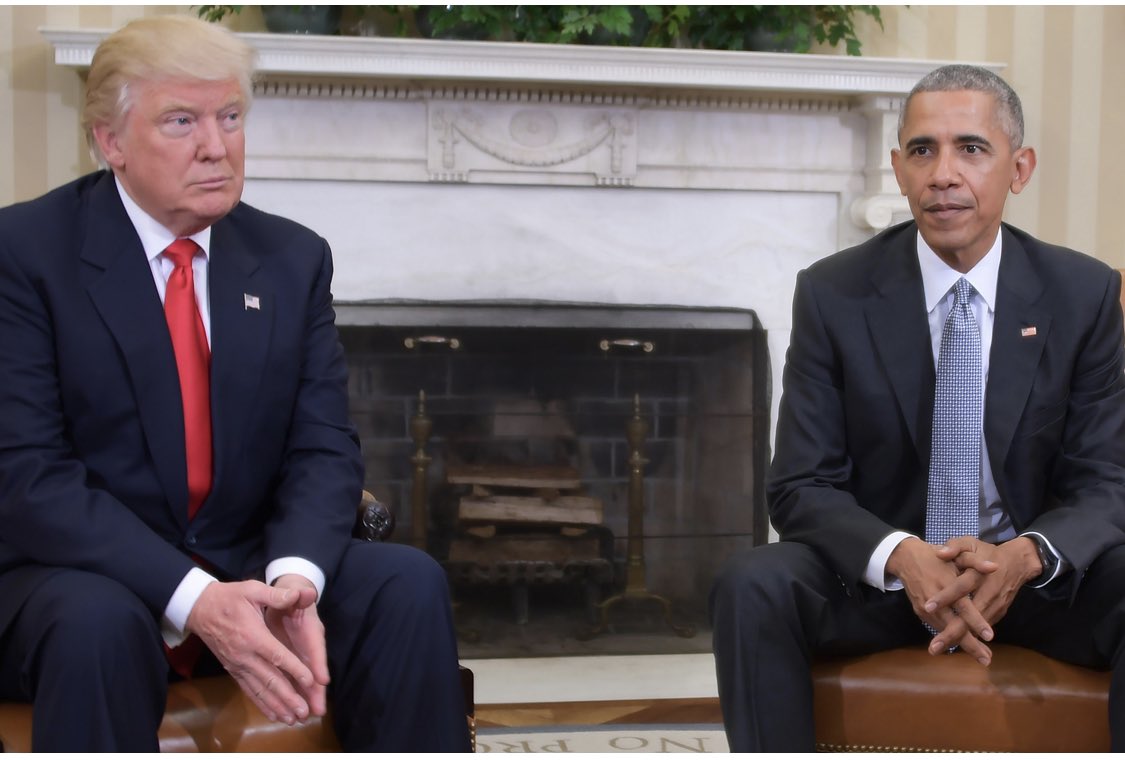Can we talk about #ChocolateRain and how what America (me) treated as a meme in 2007 is actually a devastating call to wake up to the reality of systemic racism?
Oh, and it’s creator is an autisic black man from Minneapolis.
Oh, and it’s creator is an autisic black man from Minneapolis.
https://twitter.com/TayZonday/status/1266117707579052032
For the unfamiliar, #ChocolateRain was one of the first viral videos on YouTube. At the time, most were focused on its hypnotic music and the juxtaposition of a deep voice coming from its baby-faced creator/singer.
“Chocolate Rain” refers to how the impact of racism falls differently on some and not others:
Chocolate rain
No one wants to hear about it now
Chocolate rain
Wish real hard it goes away somehow
Chocolate rain
Makes the best of friends begin to fight
Chocolate rain
No one wants to hear about it now
Chocolate rain
Wish real hard it goes away somehow
Chocolate rain
Makes the best of friends begin to fight
The song is now being rediscovered today after it was heard playing over police scanners in Minneapolis by Simone using it to protest police brutality.
And here is it’s creator talking about being autistic and of advocacy:
https://twitter.com/tayzonday/status/1205143811527065600?s=21
Relistening to #ChocolateRain, I suddenly realize how brilliant the simple musical composition is and how devastating the lyrics are.
If a pop singer sang this with an orchestra in a stadium, I guarantee you it would be considered one of the most important songs of the decade.
If a pop singer sang this with an orchestra in a stadium, I guarantee you it would be considered one of the most important songs of the decade.
And doesn’t the arc of the song’s story say so much? When it came around in 2007, America cheered it but didn’t actually hear what was being said. Now, it’s coming back around to seemingly ask “Are you ready to hear it now?”
Also, here’s a link to the creator’s Instagram where he gives insight into the meaning behind each lyric.
instagram.com/tv/B4QaNOYFp4K…
instagram.com/tv/B4QaNOYFp4K…
• • •
Missing some Tweet in this thread? You can try to
force a refresh





